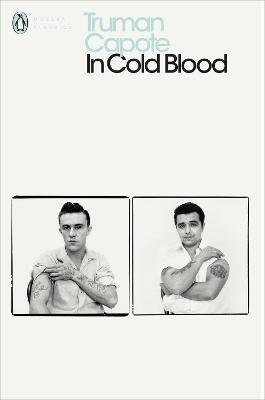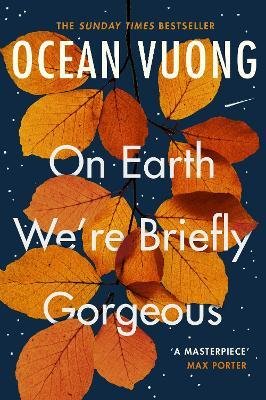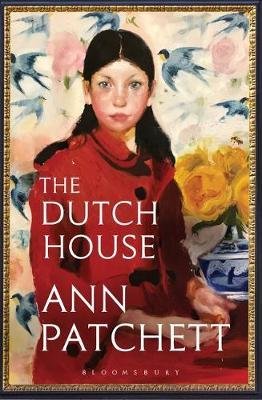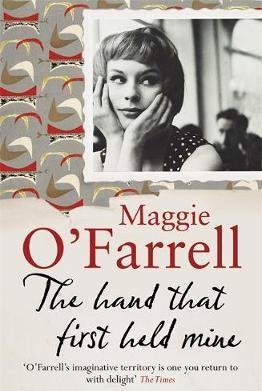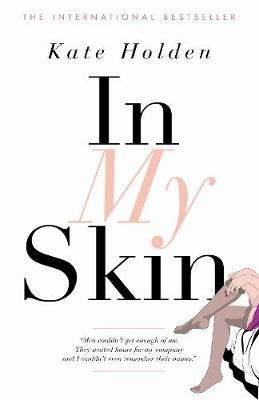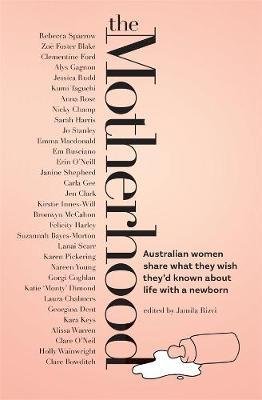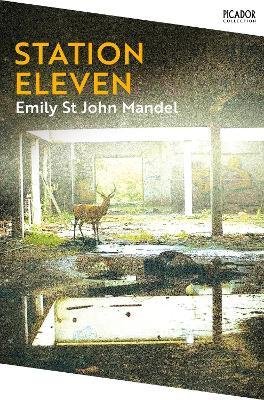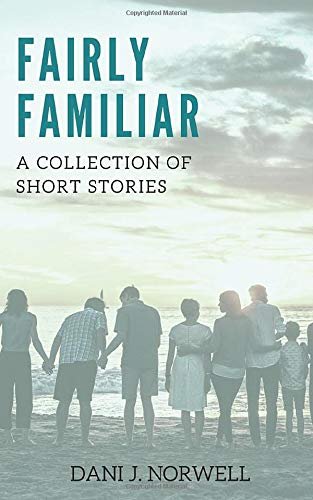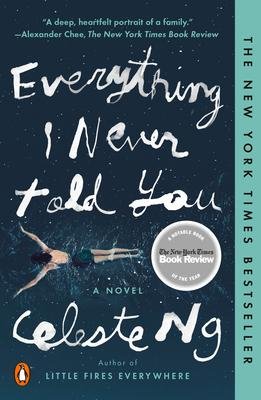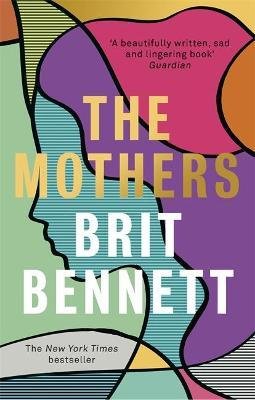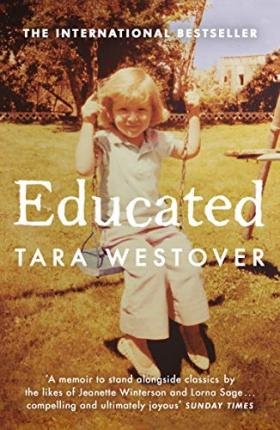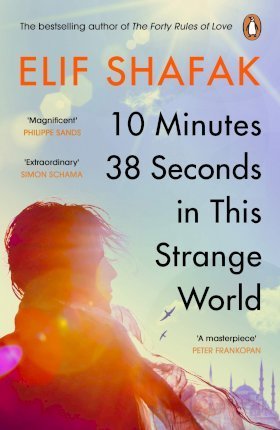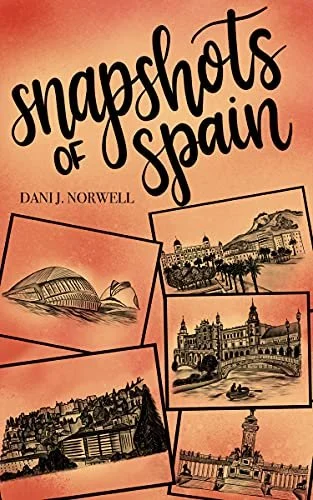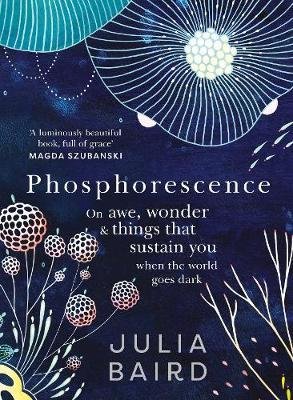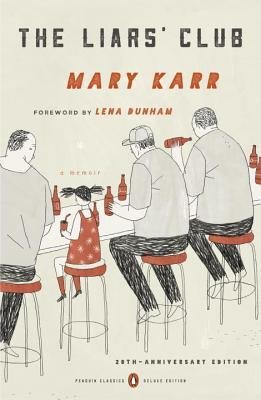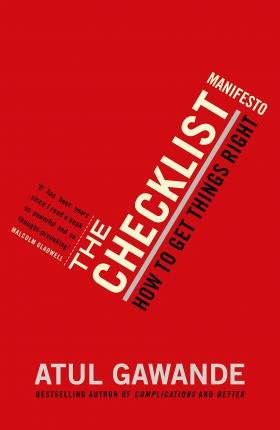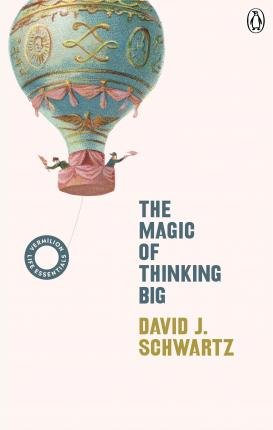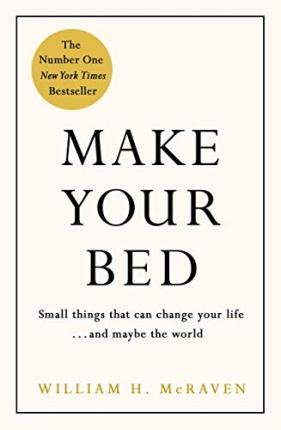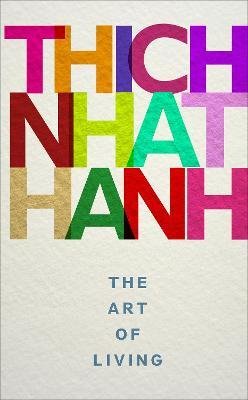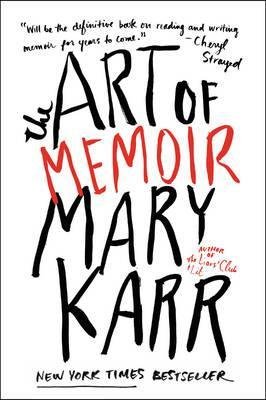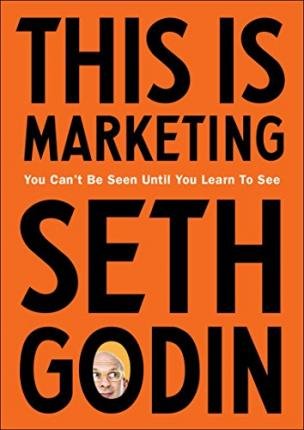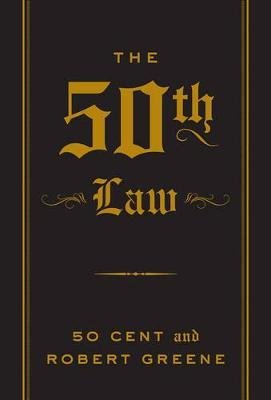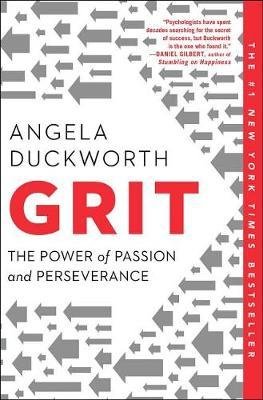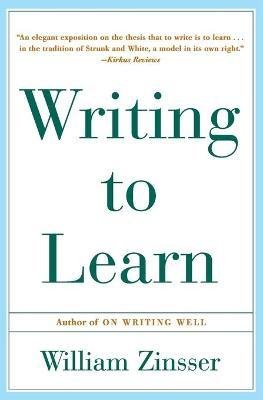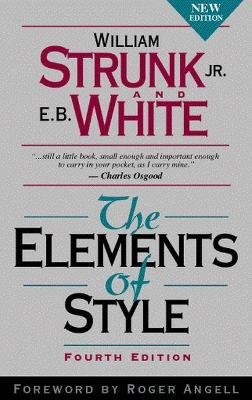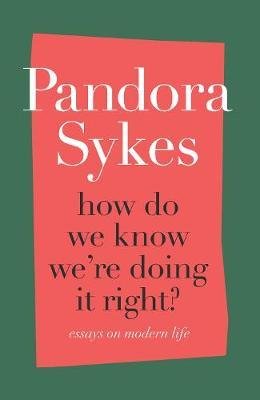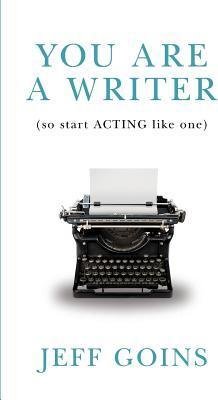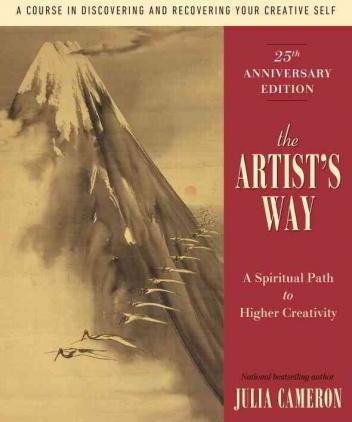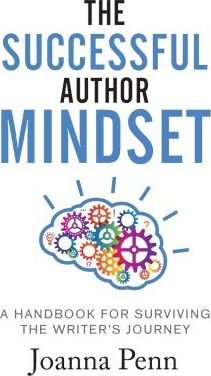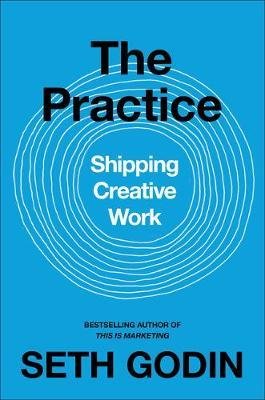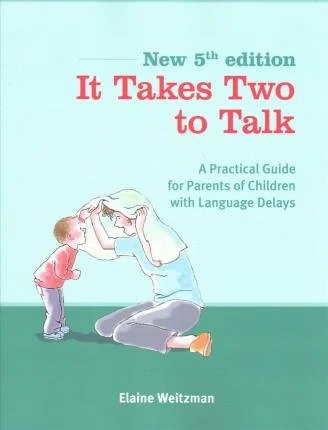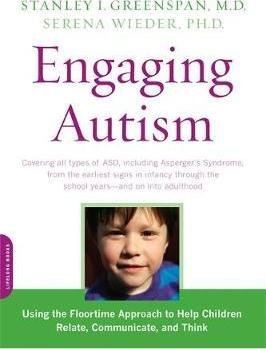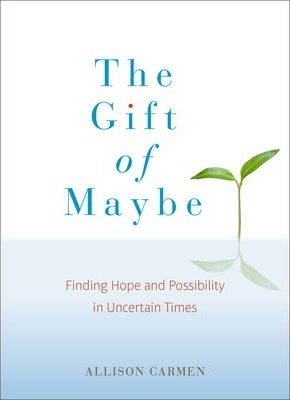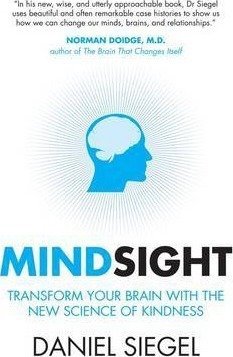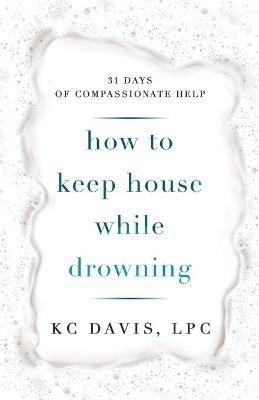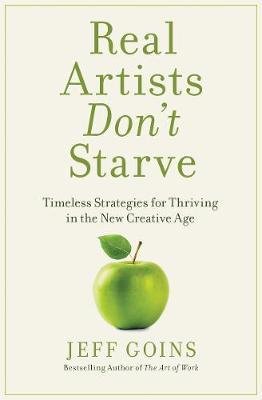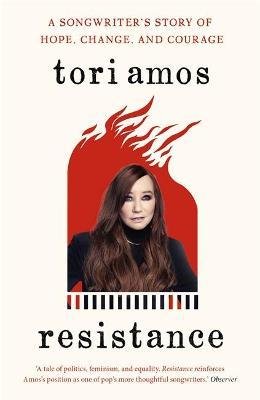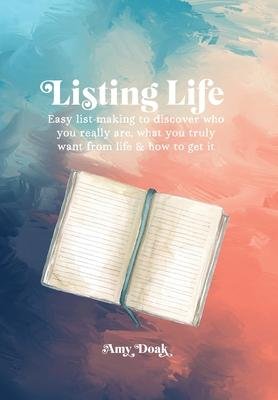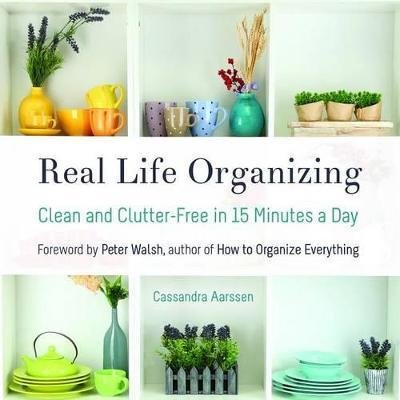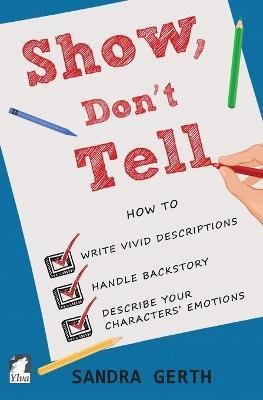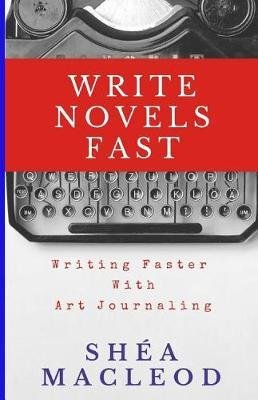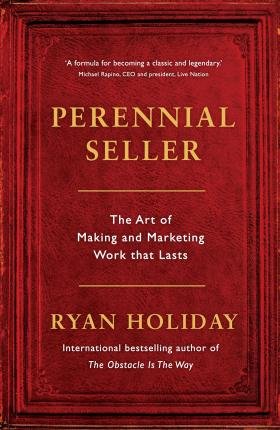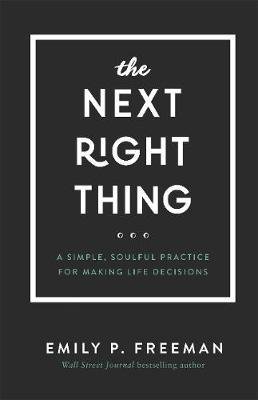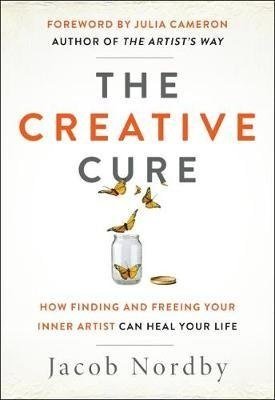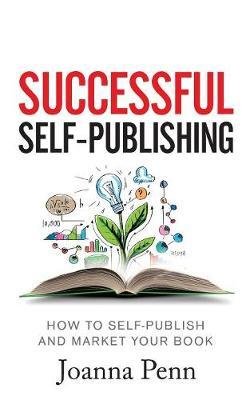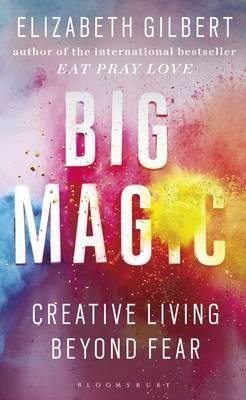A list (+ reviews) of the 47 books I read in 2021 – discover your next great book!
Looking back over the books I’ve managed to read in 2021, I’m really happy. Most of the books I’ve read have been of excellent quality and now I can’t wait to get stuck into my 2022 list! Here is a list of all 47 books I read in 2021 and some brief thoughts about them (I’ve tried to give you a little taste of the style without giving too much – if anything – away). I hope you find some new titles to add to your TBR.
Fiction + Memoir
In Cold Blood by Truman Capote. The writing is brilliant in its preciseness (what can we expect? It’s Capote), and the dialogue is spot on. A tale that says a lot about the power of tiny micro-decisions in changing the course of lives. Very high grit-factor (you have been warned!).
On Earth We’re Briefly Gorgeous by Ocean Vuong. I chose this book based on the title - there is just something so whimsical about it. A series of vignettes that take us on a multi-directional journey. It is one that remains with me even now, almost a year later.
The Dutch House by Ann Patchett. I had this book sitting on my Kindle for way too long before reading it. Well, that was silly! A mesmerising story that uses place amazingly well: the house, the various cars, the train, the city. I think I’ll be re-reading this one.
The Hand That First Held Mine by Maggie O’Farrell. Again, O’Farrell showcases her visceral and carnal descriptive abilities (like the kind where you feel like she’s stolen memories from your mind). I was brought to tears by the end, after a slow start, but I still much prefer one of her other novels, This Must Be The Place (a book that was one of my 10 favourites of 2020).
In My Skin by Kate Holden. This was a book that I just happened to stumble upon, but I’m glad I did. A gritty story that was a bit difficult to read at times, about a Melbourne uni student (the same uni I attended) who ends up as a prostitute.
The Motherhood a collection of essays brought together by Jamila Rizvi. Each essay is in the format of a letter to each author’s new mother self. It is an anthology full of stories of heartbreak, sorrow, confusion, but ultimately, survival. I loved these letter so much that this book inspired me to write my own new mother letter. If you’re after more recommendations for new-mother reading, then check out the titles I included in this gift guide.
Station Eleven by Emily St John Mandel. I’d heard about this book a lot over the past few years, but then the pandemic happened and I wanted to wait until the initial panic was over before embarking on this story about a post-pandemic world. There is a lot of doom and gloom in this book (grit factor is high – this is a common theme with the fiction I choose to read), but there is also a lot of survival and hope and growth.
Fairly Familiar by Dani J Norwell. It was super cool to read a real book written by a friend of mine! These short stories are united by their common theme of family, but are wide in scope – from a somewhat fraught mother-daughter relationship, to teenagers grappling between their own desires and those of their parents, to complete family fallouts. Very interesting stories.
Everything I Never Told You by Celeste Ng. I absolutely love the start of this book: ‘Lydia is dead. But they don’t know this yet.’ Wow – what a gripping beginning! This novel is both a mystery being slowly uncovered, as well as an in-depth peek into the lives of multiple generations of a family. I feel like this one might deserve a re-read.
The Mothers by Brit Bennett. This book is full of beautiful, carnal writing – ‘All good secrets have a taste before you tell them, and if we’d taken a moment to swish this one around our mouths, we might have noticed the sourness of an unripe secrete, plucked too soon, stolen and passed around before its season. But we didn’t.’ Literary fiction at its finest: secrets, mothers, and life in general.
Educated by Tara Westover. This memoir is in no way light reading, nor is it very fun. At times it was difficult to read, but I ultimately loved it. It is full of grit, introspection, and an almost unimaginable series of events. This story still lingers in my mind.
10 Minutes and 38 Seconds in This Strange World by Elif Shafak. This book has an unusual structure that allows it to cover a lot of ground, but I got a little bored in the last third.
Snapshots of Spain by Dani J Norwell. This is Dani’s second collection of short stories, this time themed around Spain. Like Fairly Familiar, the stories cover a lot of ground that give a beautiful glimpse into an array of lives – we go on a journey with each character and experience their struggles, their successes, and, most importantly, their realisations. Fun fact: I helped Dani with the final proof of these stories! Do contact me if you would like my editorial assistance for a project of your own.
Phosphorescence – On awe, wonder, and things that sustain you when the world gets dark by Julia Baird. This memoir is structured in the form of a series of essays. They are very interesting, but at times the author’s ideas came across a little too didactic for my liking.
The Liar’s Club by Mary Karr. Wow, this is some excellent writing! Karr is the queen of vivid, visceral, gritty description. Be warned: this memoir covers some pretty full-on topics – not for the faint-hearted! If you are writer you should read Karr’s The Art of Memoir (even if you are not a memoir writer, there is some great writing advice in here).
Non-fiction
The Checklist Manifesto by Atul Gawande. This wasn’t exactly the book I was expecting it to be (I guess I should have read a bit more about it beforehand). It’s all about how using a checklist (not a to-do list) can be extremely useful in high stakes situations (such as flying a plane, or performing surgery).
The Magic of Thinking Big by David J Schwartz. I don’t remember that much about this book, but it was interesting: diving into the idea of how much your thoughts and attitudes can influence what happens (or doesn’t happen) in your life.
Make Your Bed by William H McRaven. This is a pithy little book by a former Navy Seal. Lots of useful and practical life advice. You can read my Evergreen Bookclub post on it here.
The Art of Living by Thick Nhat Hanh. Again, this is one I don’t remember too much about and kind of sped through (it may deserve a slower re-read). I’ve gone back to my notes and discovered this beautiful little sentence: ‘Each one of us can touch small moments of nirvana every day.’
The Art of Memoir by Mary Karr. This is an amazing book about writing and one that I have and will continue to come back to again and again. I recommend it, not only to memoir writers, but all writers. And not only to writers, but to anyone who has even the smallest glimmer of interest in understanding the experiences they’ve had. At one point she asks: ‘What would you write if you weren’t afraid?’ I think ‘write’ could be substituted with any number of words: do, think, say…. This book highlights not only the importance of reflecting on and understanding our past, but also the power and freedom in finding ways to communicate these truths (in some way). This book is also included as one of my top resources for writers, which you can read here.
This is Marketing by Seth Godin. This was an excellent book that I have to go back to. I have no previous experience in marketing, so starting this blog was truly starting from scratch in that respect. I used to equate the word ‘marketing’ with sleazy advertising (you know, like selling people dodgy things that they don’t actually want or need?). This book has shattered those beliefs. I love Godin’s definition: ‘Marketing is the generous act of helping someone solve a problem. Their problem. It’s a chance to change the culture for the better…It’s a chance to serve…’ Read it if you need to do any sort of marketing.
The 50th Law by Robert Greene and 50 cent. I read Greene’s book, Mastery, many years ago while I was doing my PhD. I loved that book, so I was intrigued by this one and what 50 cents’ contribution would be. It’s a book about a lot of things - mainly using 50 cent as an example of the power of fearlessness and where that attitude can lead you. The premise is: ‘The less you fear, the more power you will have and the more fully you will live.’ As with Greene’s other books, it is meticulously researched and filled with countless examples and stories.
Grit: The Power of Passion and Perseverance by Angela Duckworth. I loved this book so much that I dedicated the first Evergreen Bookclub to it. There’s a lot in this book, but my main take-away is that it is important and rewarding to define and articulate your life’s purpose/main goal/life philosophy/guiding compass.
Writing to Learn by William Zinsser. I really enjoyed the first part of this book, but then lost interest. It was not exactly what I expected….Though I am interested in reading his (more famous) other book: On Writing Well (in fact, I bought it for myself for Christmas!).
The Elements of Style by Strunk and White. This pithy little book is a must-read for anyone who uses English. My new writing mantra is: ‘aim for clear, brief, bold writing’. Get yourself a copy right now. This was another Evergreen Bookclub pick.
How Do We Know We’re Doing it Right? by Pandora Sykes. This was a book I came across by accident but I’m so glad I did (I really enjoy books that enter my life somewhat serendipitously). This collection of essays concerns the question of what it means to do life ‘right’. They’re wide-ranging, incredibly well-researched on a multitude of topics – from fast-fashion, to burnout, to pregnancy and motherhood.
You Are A Writer by Jeff Goins. A concise book, but packed full of wisdom. Great for beginning writers who are feeling a bit nervous. His idea of practicing in public has kind of been life-changing for me and how I approach sharing my writing.
The Artist’s Way by Julia Cameron (x2). I read this through once without doing it, and then I read through it week by week as I did the twelve-week course outlined in this book. I have so much to say about this book – there will be articles to come – but for now: please, if you are any sort of artist or creative then pick up this book and commit to doing it. It will alter your life forever. Read some reflections on doing The Artist’s Way by me and the others in our beautiful creativity cluster, over on the Sincerely, Spain blog.
The Successful Author Mindset by Joanna Penn. This was a surprisingly good read – I say surprising because I read it directly after The Artist’s Way, which was a tough act to follow. It’s a quick little source of encouragement for getting your writer hat on straight.
The Practice by Seth Godin. Yep, another Seth book! He writes really really well. This is all about not only developing the practice of creating, but also shipping that creative work, and therefore using that creative work to make a contribution. I will be re-reading this one for sure!
It Takes Two To Talk by Elaine Weitzman of The Hanen Centre. This book is for caregivers of children who are late to communicate. The reason why I read this book (as well as some of the others that follow) is all explained in this article. This is a very practical book and it helped me a lot with my son.
The Gift of Maybe by Allison Carmen. This was another Evergreen Bookclub pick. It was a book that I came across almost by accident, but it was perfect timing: I was going through a very anxious period and this book helped me to re-frame my thinking.
Engaging Autism by Stanley L Greenspan. The reason why I read this book will become apparent if you read this article. This is an excellent book if you want to understand more about autism, and things that you can do at home to help if you are the caregiver of a child with autism.
Mindsight: Change Your Brain and Your Life by Daniel J Siegel. This was a great book for many reasons, and it’s probably one I will endeavour to re-read. Read it if you are interested in how your brain works and what you can do to manipulate your thought patterns. Well-researched, well-argued.
How To Keep House While Drowning by KC Davis. I didn’t realise this book would be so tiny (I read it on my Kindle), but it did have some nifty little hints and tactics – nothing incredibly ground-breaking, though.
Real Artists Don’t Starve by Jeff Goins. Yep, I got on a bit of a Jeff Goins train this year. This was another great book – I love the premise: that you can be an artist and earn money.
Resistance by Tori Amos. If you are a Tori Amos fan you will love this. Even if you are not, you might be interested in this book for the insights into a song writer’s creative process – lots of interesting stories.
Listing Life by Amy Doak. This is a very interactive book: Amy encourages the reader to do some introspective list-making all about various aspects of life. I had the pleasure of interviewing Amy, which you can read here – she offers some fantastic writing advice.
Real Life Organising by Cassandra Aarssen. This was okay, but not great. I liked her ideas about defining your ‘clutterbug’ type, and there were a few good strategies, but other than that, it felt like a bit of a regurgitation of ideas I’ve heard many times before.
Show, Don’t Tell by Sandra Gerth. This is a slim little book based upon the often-cited writing advice to ‘show, don’t tell.’ This book has kind of revolutionised how I write and how I edit – I think every writer should read this book.
Write Novels Fast by Shea Macleod. This book is concerned with how to use the art journaling method in order to write novels quickly. It was a short book and I feel like it could have benefited from a more in-depth tackling of the topic.
Perennial Seller by Ryan Holiday. Those of you who have been around here a while will know that I enjoy, and often recommend, The Daily Stoic (which is also by Ryan Holiday). Perennial Seller goes back to his marketing roots: this book is concerned with how to make (and market) creative work that stands the test of time. Although it is predominately geared toward writers, any creative wanting to make an impact with their work should read this. I highlighted something on almost every page! This is one I will definitely be re-reading (in 2022). Excellent, excellent book.
A Simpler Life from The School of Life. This book actually hasn’t been released yet – I read it through NetGalley, where you can get access to pre-release eBooks in exchange for reviews. This book contained some interesting ideas – it moved beyond the usual decluttering talk that normally dominates most books about simplifying – but it was a tad too superficial for me (and there were too many sweeping statements without appropriate evidence to support those claims).
The Next Right Thing by Emily P Freeman. If you are facing a big decision, or are wanting to make a change in your life then this is the book for you! I really enjoyed Freeman’s writing style – she structures chapters around personal anecdotes, and writes in an extremely compassionate and calming way. But, warning: there is quite a bit of ‘God’ talk and some prayers throughout – this didn’t bother me too much; I just kind of skipped past some of that stuff, but I didn’t realise this would be such a major component of the book before I bought it. That being said, I think her other ideas and exercises are amazing, so please don’t let the ‘God’ talk deter you from picking up this book!
The Creative Cure by Jacob Nordby. This was a book I had sitting around on my kindle for months. I finally decided to start it just after I finished The Artist’s Way course, because I thought it would complement it well – and it did! This is a great, very practical, exploration of how you can ‘cure’ your life with creativity. I just read through it, but I think I will have to go back and tackle some of the exercises.
Successful Self Publishing by Joanna Penn. I’ve listened to Joanna’s podcast for a long time now and, if you’ve read closely, you’ll note that I read another one of her books this year. Although she has a tonne of free content out there about self publishing, this was a great book to read because it had all the information in one place. It was extremely practical and I will definitely be returning to it when I self publish. At the time I ‘bought’ it, the eBook version was actually free on Amazon!
Big Magic by Elizabeth Gilbert. Wow! I’d heard great things about this book, but it exceeded my expectations. I’d consider it more of a collection of memoir-like essays about writing, rather than a ‘how to write’ book. But, boy was it inspiring! This will be a book I’ll come back to again and again.
So, there you go – the 47 books I read in 2021. I will be publishing another post in the coming weeks focussing on my ten favourites from this list (it was really difficult picking only ten from this amazing list of books). I will cover those ten in a bit more detail than I have here.
Another thing I would say is that most authors have websites, newsletters, and/or podcasts. If you really enjoy an author’s book/s, I would encourage you to find out what else they have on offer for free. I really enjoy Seth Godin’s daily, pithy blog posts (which you can get sent directly to your email), James Clear’s weekly newsletter, and Jeff Goins’ newsletter and podcasts, among others.
I hope you’ve found some books to get stuck into in 2022 – I always find that a good book can be life-changing.
Tell me: what were some of the books you enjoyed reading in 2021 – let me know in the comments below!
Note: This article contains affiliate links. Using these links will not cost you anything, but may give me a few cents or dollars. If you do use an affiliate link - thank you! You are supporting me and my writing.
If you enjoyed this article, you might also like:
Want to receive my monthly ‘Inspiration Round-up’?
Where I share all my favourite sources of inspiration, knowledge, and motivation (basically, you’ll be joining me on a journey of discovering some things I love (and maybe you might too!) in real-time)
(+ monthly reflection ideas + extra exclusive goodies)
Sign up now (you’ve got nothing to lose!)
Life inspiration file is quite expansive. If you can't find what you're looking for, try the search bar.


